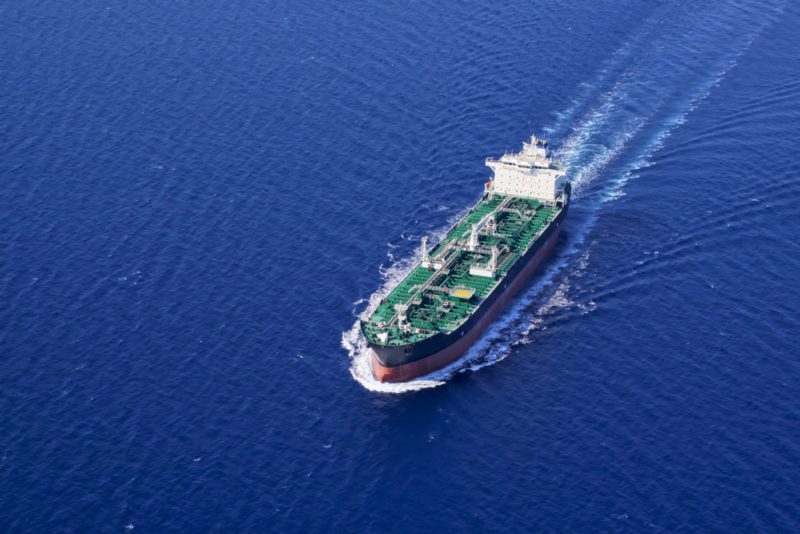Major Cocaine Bust: UK Border Force Seizes Record Shipment at London Gateway
In one of the UK’s largest drug seizures of the past decade, UK Border Force officers have seized cocaine with an estimated street value of £96 million (USD 130 million)...


By Jonathan Saul and Devika Krishna Kumar LONDON/NEW YORK April 27 (Reuters) – Oil traders are hiring expensive U.S. vessels, normally only used for domestic shipments, to store gasoline or ship fuel overseas, five shipping sources said, in a sign of the energy industry’s desperation for places to park petroleum amid a 30% drop in worldwide demand.
Billions of people worldwide are living under confinement rules due to the coronavirus pandemic, destroying demand for gasoline and other fuels and creating a supply glut. Storage tanks onshore and floating storage in tankers on the water are rapidly filling, leaving fewer options for traders looking to sock away oil.
Several shippers said they have started to book Jones Act (JA) vessels for foreign voyages or to store refined products. The century-old Jones Act requires that vessels traveling between domestic ports be owned and operated by U.S. crews, and they are generally more expensive than other vessels.
“It’s very unusual to use JA tankers for international trips,” one shipping source said.
Those restrictions, and lack of availability, typically make the tankers more expensive than foreign-flagged vessels that go to other countries. Around 45 products tankers are JA compliant, shipping data reviewed by Reuters showed.
Rates for foreign-flagged fuel tankers such as medium-range and long-range vessels leaving from the United States have jumped to about $60,000 and a record $100,000 a day, compared with Jones Act medium-range tanker rates of about $55,000 to$70,000 a day, the sources said.
Refiner Motiva Enterprises is among companies looking to potentially charter a Jones Act vessel for an overseas voyage, shipping sources said.
Motiva did not immediately respond to a request for comment.
Inventories of gasoline in the United States have surged to a record and U.S. refiners are operating at about two-thirds of capacity. Roughly 85% of worldwide onshore storage was full as of last week, according to Kpler data.
“The Jones Act sector is mirroring what we are seeing with the wider oil tanker market with a surge in demand for tankers as refiners can’t sell gasoline or oil products. Utilization of Jones Act tankers is at 100%,” said Basil Karatzas of New York-based shipping finance advisory firm Karatzas Marine Advisors & Co, which is active in the Jones Act market.
He said some older JA tankers that had been planned to be scrapped may end up being used as storage.
Long-range tankers can carry between 345,000 barrels and 615,000 barrels of gasoline or between 310,000 barrels and 550,000 barrels of light sweet crude.
Jones Act tankers usually are employed under time charters for over a period of a year. (Reporting by Devika Krishna Kumar in New York and Jonathan Saul in London; Editing by Franklin Paul and Leslie Adler)
(c) Copyright Thomson Reuters 2019.
Sign up for gCaptain’s newsletter and never miss an update

Subscribe to gCaptain Daily and stay informed with the latest global maritime and offshore news


Stay informed with the latest maritime and offshore news, delivered daily straight to your inbox
Essential news coupled with the finest maritime content sourced from across the globe.
Sign Up